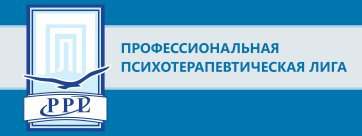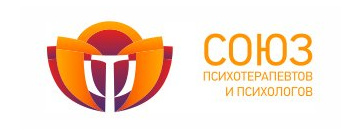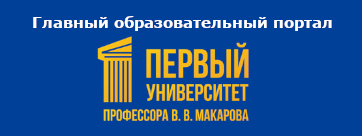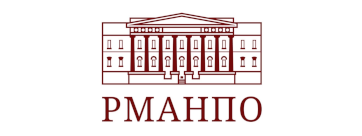About PPL Russia
The All-Russian Professional Psychotherapeutic League
(PPL Russia)
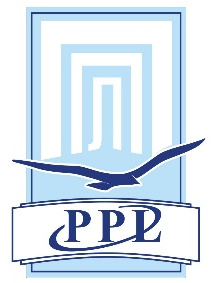 The Professional Psychotherapeutic League (PPL) of Russia was formed in 1996 after the nation's economic collapse in the 1990s with sharp increases in poverty, unemployment, and economic inequality. In the mid-1990s, the total population of Russia dropped by about three-quarters of a million people, as life expectancy also dropped greatly. The system of state social security and welfare was nearly destroyed. Alcohol-related deaths shot up 60% in the 1990s, while deaths from cardiovascular diseases skyrocketed 100%. Extreme poverty, unpaid wages and social instability resulted in a rapid 40% increase in official crimes rate. The overall situation posed a continuing challenge for the society, which had to struggle for living in tough and extreme conditions, adjusting to dramatic changes in values and norms of behavior.
The Professional Psychotherapeutic League (PPL) of Russia was formed in 1996 after the nation's economic collapse in the 1990s with sharp increases in poverty, unemployment, and economic inequality. In the mid-1990s, the total population of Russia dropped by about three-quarters of a million people, as life expectancy also dropped greatly. The system of state social security and welfare was nearly destroyed. Alcohol-related deaths shot up 60% in the 1990s, while deaths from cardiovascular diseases skyrocketed 100%. Extreme poverty, unpaid wages and social instability resulted in a rapid 40% increase in official crimes rate. The overall situation posed a continuing challenge for the society, which had to struggle for living in tough and extreme conditions, adjusting to dramatic changes in values and norms of behavior.
These social needs drew theorists into practice, but the quality of training was relatively low due to the lack of qualified trainers and practice-oriented education programs. Many so-called “specialists” had just a brief training course in psychology (as little as two months long). No laws regulated the training of psychotherapists.
By the time the PPL was found in 1996 in Krasnoyarsk, Eastern Siberia, a growing need for psychological services for the general public had arisen in Russia. In USSR, psychotherapeutic services existed within the framework of psychiatry, and psychology was mainly an academic discipline, though а well developed one.
A new professional union called PPL soon spread itself throughout the country, linking psychotherapists and psychologists with each other and with society. Soon the mission of the PPL expanded to weeding low-qualified therapists out of practice, at the same time giving them opportunities to acquire the needed skills and proper education.
Now, PPL now has over 10,000 members, and unites professionals in helping professions — psychotherapy and applied psychology.
Increasing popularity and demand for psychotherapy in society puts great responsibility on professional unions. As the biggest psychotherapeutic community in Russia, PPL assumes this responsibility, and sets the following directions and goals as priorities:
We create the image of a professional psychotherapist and try to set up the highest ethical and professional standards for the members of our professional union.
We provide our members with further education and professional development they may require.
We give our members broad opportunities to undergo personal therapy, training therapy or supervision.
We contribute to the development of competitive and legal psychotherapeutic market and grant employment assistance for the League members.
We ensure ethical support and provide professional defense to our members and their clients.
We ensure psychological enlightening and awareness about our profession within society.
We deepen and enrich scientific work within our professions.
We collect, update, and publish registers of psychotherapists practicing within the Russian Federation.
The internal organization of the PPL is represented by the Central Board and regional branches. The Central Board includes president, vice-presidents, executive director, international relations officer, executive and scientific secretary, board members and committee leaders.
The PPL has more than 40 regional branches in a majority of the subjects of Russian Federation, and in many Russian-speaking countries of the Commonwealth of Independent States (former parts of the USSR).
The main governing body of the PPL gathers once a year for the annual convention, where PPL officers and the delegates of regional branches present reports, summarize yearly activities, make important decisions, and ratify plans for the next year.
Nowadays we have three levels of membership. (1) Observing members are psychotherapists and psychologists in the process of training, with at least 570 hours of psychotherapy. (2) Next, consultative members are newcomers in psychotherapy, just starting their professional activities. (3) Full members are «Mature” psychotherapists, with at least 3-5 years of work experience. The League fosters professional development — from a neophyte in psychotherapy to a skilled and respected professional.
The League organizes conventions, congresses and scientific conferences that have a significant impact on the professional community. During the years, we have organized more than 250 major events and more than 6,000 local activities.
The PPL represents Russia at the world’s largest events in psychotherapy and counseling, bringing there national delegations.
We put lots of efforts in organizing variety of training facilities. The PPL organizes intensive training marathons, during which the participants learn from each other, psychotherapeutic journeys that combine recreation, education and deep personal development.
PPL is focused on ensuring legal support for our profession, and works to draft a bill on psychotherapy. Together with National Self-Regulatory Organization »Union of Psychotherapists and Psychologists" we provide psychotherapists with professional accreditation and certification, in the absence of the governmental bill, in order to insure decent quality of psychotherapeutic help and support in our country.
Our volunteers committee has made many acts of rendering psychological help to people who suffered from disasters and terroristic attacks that took part in Russia during last 25 years.
For many years we have been successfully collaborating with the European Association for Psychotherapy, Asian Federation for Psychotherapy, and World Council for Psychotherapy. And we constantly seek for new international partnerships and affairs. We believe in commonwealth and cooperation.
From our point, we can share our own experience in organizing professional communities and familiarize colleagues with the diversity of new Russian methods and techniques that emerged, evolved and developed during the past decades.
